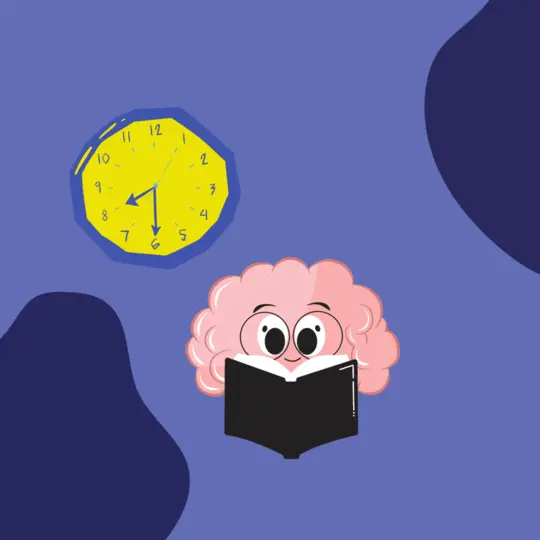Greetings, cherished audience! Join us on our blog today as we delve into the captivating realm of teaching time to kids. We have an enduring enthusiasm for the educational growth of the youngest minds, and the mastery of reading a clock holds paramount significance in this journey. It goes beyond mere time measurement; it empowers children to plan and comprehend the daily rhythm. This proficiency extends its influence across various aspects of a child's life, fostering independence and overall development. In collaboration with TeMa, we extend a warm invitation to explore the enthralling universe of educational clock-based activities for children.
The Key Role of Children's Mastery of Time Understanding
The acquisition of clock-reading skills for children goes beyond mere clock face comprehension; it extends to abstract understanding. A child adept in this skill gains enhanced capabilities in planning, organizing tasks, and decision-making. Furthermore, the proficiency in time comprehension contributes significantly to the development and functionality of a child in their daily life. The enhancement of reading skills also positively influences the growth of logical thinking in a child. Engaging in the analysis and interpretation of clock information stimulates the mind, fostering the development of logical thinking abilities. A child mastering this skill exhibits increased competence in time management, as understanding the duration of specific activities facilitates efficient organization of responsibilities and daily schedules.
Modern Clock Playing Methods for Children's Effective Learning
Embarking on the journey of learning to read a clock transforms into an exciting exploration through a diverse range of methods and resources. Dynamic learning experiences are facilitated by interactive online clocks and educational applications featuring animated clock hands, ensuring that children are not only effectively acquiring time-telling skills but also enjoying a process filled with joy and amusement.
Various strategies can be employed to teach children about telling time:
- Utilizing interactive clocks in the learning process adds an element of enjoyment to the effectiveness of learning about time.
- Several popular board games in the market offer variations that incorporate clock usage to teach time.
- Family quizzes organized around the concept of time with the use of clocks can evolve into captivating and entertaining activities.
How to Create Passively Educational Moments for Children
Crafting moments of passive education for kids represents a distinctive approach that seamlessly blends entertainment and learning, allowing children to effortlessly gain knowledge in a natural and enjoyable manner. The crucial element for success lies in leveraging your child's daily experiences and surroundings as a springboard for learning.
While strolling together, one can draw attention to seasonal changes, observe flora and fauna, and concurrently share insights with children about plant life cycles and species diversity. These subtle educational instances serve as organic opportunities to broaden children's horizons.
Parents Responsibility in Developing Children's Clock Skills
The parental role in nurturing children's time comprehension is immensely crucial and influential. As the initial educators, parents possess a unique opportunity to tailor learning to their children's individual needs. Fostering an environment of open communication about time in everyday scenarios facilitates focused knowledge transmission. Narratives about daily plans and clarifications regarding the duration of each activity lay a valuable groundwork for grasping the concept. Parents, as the primary educators, also serve as the primary source of motivation for actively cultivating new clock-reading skills.
Here are some effective parental tips:
- engaging in conversations about daily plans and elucidating the time required for each activity is an excellent method to spark interest in the topic;
- demonstrating how the clock influences our daily lives can enhance a child's understanding;
- creating simple games, educational activities, or even crafting personalized clocks are creative approaches that transform learning into a captivating experience.
The process of teaching kids to read the clock can be both educational and enjoyable. Game-based approaches, parental engagement, and practical examples are pivotal components of effective clock-reading instruction. TeMa platform offers math tutors who contribute not only to skill mastery but also foster the development of logical thinking and attention skills. Consequently, the clock transcends its role as a mere time measurement tool, evolving into a captivating element of daily life.




-preview.png)